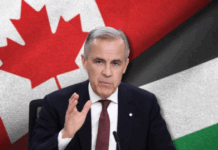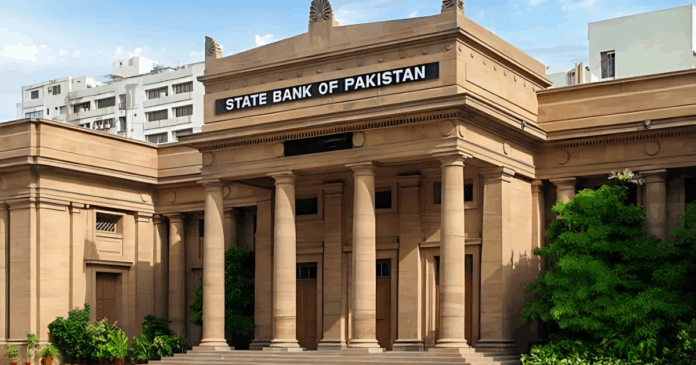On Monday, the State Bank of Pakistan (SBP) kept the interest rate unchanged at 11%. This came after warnings from experts about inflation risks. These concerns were driven by rising global commodity prices due to the Iran-Israel conflict.
In June 2024, the SBP had lowered the rate from 22% over seven phases. It was cut by a total of 1,000 basis points. The last reduction took place just a month ago, bringing the rate to 11%. Many expected another cut, but the new regional conflict changed that view.
According to the SBP’s official statement, “The Monetary Policy Committee (MPC) resolved to keep the policy rate constant at 11 per cent.”
Inflation rose to 3.5% year-on-year in May, which matched the MPC’s expectations. Meanwhile, core inflation dropped slightly. Earlier, headline inflation had fallen to 0.3% year-on-year — the lowest on record. This came after a steady fall from a peak of 40% in May 2023.
On Friday, Israel launched a military attack on Iran. This raised fears of a wider war in the region. Oil prices rose quickly, triggering concern in Pakistan. The country imports most of its fuel, so higher oil prices can increase inflation risks.
If the conflict continues and oil supplies stay tight, imported inflation may climb further. This risk was a major reason behind the MPC’s decision to pause further cuts.
In a snap poll by Reuters, 11 out of 14 analysts expected the SBP to hold the rate at 12%. Two predicted a 100 basis point cut, and one expected a 50bps reduction.
Ahmad Mobeen, senior economist at S&P Global Market Intelligence, said, “There remains an upside risk of a rise in global commodity prices, which might mean a return to inflationary pressures.”
This cautious move from the central bank shows that future interest rate changes will depend on regional tensions and shifts in global prices.
Stay tuned to Brandsynario for latest news and updates





































